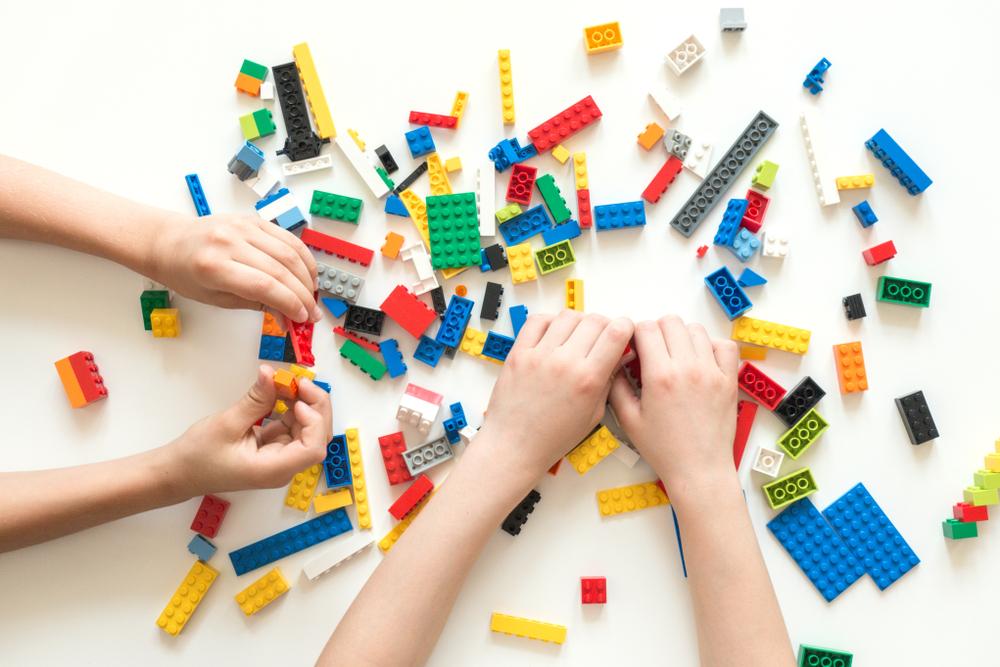Danish-owned family favourite toymaker Lego Group has announced a pledge to make all of its packaging sustainable by 2025, as well as find a climate conscious alternative to its iconic oil-based plastic brick toys.
In an article on the Lego website, the brand said that it would invest $400 million over the next three years to “accelerate sustainability and social responsibility initiatives” and announced that it believes it is “increasingly urgent and important to prioritise environmental and social activity”.
The company has said that it aims to phase out all clear plastic bags with “easy-to-open recyclable, sustainably sourced paper bags – certified by the Forest Stewardship Council” as part of the brand’s wider efforts to cut back on waste.
It follows Lego’s announcement back in 2015 to make all of its products with sustainable materials by 2030. It has already trialed a range of prototype gift bags with customers, and reduced the size of its packaging by 14%.
Finding a different material for the brand’s classic plastic toy bricks has proved a real challenge, however. A team of 150 engineers and scientists have been enlisted over the past 5 years to develop a plant-based or recyclable alternative, but so far none have proved successful.
The brand has cited issues with enabling the bricks to both stick together and come apart easily. Lego is currently testing bio-polyethylene – a form of plastic made from ethanol and produced using sugarcane – but has stated that studies have shown that the bricks are too difficult to separate to be viable as children’s toys.
Lego vice president Tim Brooks stated, “The difficulty is getting to where the bricks have the same colour, the same shine, the same sound”.
Millions of children around the world have been urging Lego to switch to more sustainable materials, and have been instrumental in the brand’s pledge to cut back on waste.
Chief executive Niels B Christiansen explained to The Guardian:
“We have received many letters from children about the environment asking us to remove single-use plastic packaging. We have been exploring alternatives for some time and the passion and ideas from children inspired us to begin to make the change”.
He added that the brand has a crucial responsibility to educate future generations about climate issues, and to make sure that its products fall in line with the beliefs of its target audience:
“We cannot lose sight of the fundamental challenges facing future generations. It’s critical we take urgent action now to care for the planet and future generations.
“As a company who looks to children as our role models, we are inspired by the millions of kids who have called for more urgent action on climate change. We believe they should have access to opportunities to develop the skills necessary to create a sustainable future.
“We will step up our efforts to use our resources, networks, expertise and platforms to make a positive difference”.

